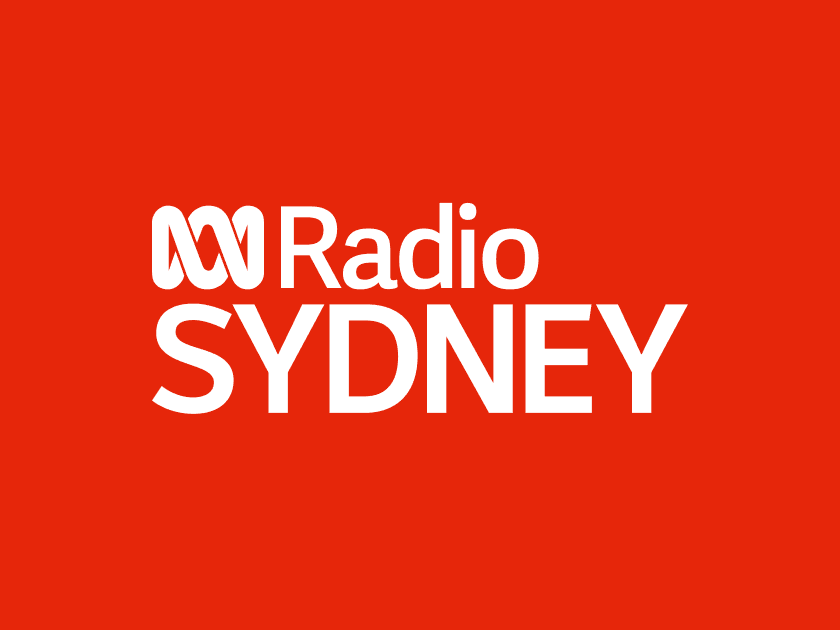
4 September 2024
Craig Reucassel (Host): It’s also there was a bit of an inquiry into banking in parliament last week, NAB boss Andrew Irvine complained that he’d paid a 10 per cent surcharge when he bought a cup of coffee in Sydney. Surcharging has been outlawed in parts of the United States, Canada, Europe and Britain. Is it time we scrapped it here too? Anna Bligh is the CEO of Australian Banking Association. She joins me now. Morning Anna.
Anna Bligh (Guest): Good morning. How are you Craig?
Craig Reucassel: Very good. So initially, the whole idea behind surcharges was that it was meant to direct us as consumers towards the lowest cost approach. It was meant to make us go, hang on a second. If I’m paying, you know, 1.5 per cent on my AMEX, I’ll go point 3 per cent on my EFTPOS instead. Has that actually happened at all? Has it just led to kind of a confusopoly out there?
Anna Bligh: I think you’re right about the confusopoly, but maybe if I just take it back a step, this whole regime was put in place more than 20 years ago when the only card that had was a credit card. We didn’t have debit cards. We didn’t use tap and go. It didn’t exist. So, sort of more than 20 years on, it is, I think, well and truly time to look at how this is now operating. So, way back when the only card you had was a credit card, it was designed to show consumers how much credit card companies were charging in an attempt to bring their charges down. And to some extent that has actually worked, you are paying less now on credit card charges than you did 20 years ago. But since then, there’s been an explosion of customers using the convenience of tap and go, I should say, firstly, the Reserve Bank regular or sets the fees on this or sets a cap on fees and sets the rules. And the rules are, if you are a merchant, you cannot charge, you cannot surcharge more than it costs you to do it, and there is no scheme anywhere that costs 10 per cent.
Craig Reucassel: Perfect example is there’s obviously not been enforced properly. I mean, even the NAB boss is getting ripped off. Then if he’s getting ripped off by surcharges, then probably the rest of us are as well. There is the idea we just discussed with the Assistant Minister last week about least-cost routing. So if you’ve got a card right now and it says on the front visa or MasterCard, but on the back it’s got EFTPOS on it, that’s the bank run one that’s generally cheaper to do. Why did banks not do this more often so that if I tap with my card, it goes to the least cost one which is EFTPOS, and makes it cheaper. I mean, wouldn’t that be the best way to go?
Anna Bligh: It’s a little more complicated. So just let me without getting too technical. Firstly, for a small business, or any business, there’s a lot of costs that go into making up the cost of the, say, the cup of coffee that they provide to you, wages, electricity, telephone, and yes, being able to process payments is one of those costs. And just like their telephone, they can choose the provider. They can choose which bank they want to go to. They can then choose whether they want to have one form of charging or another. There are lots of different packages out there where you get the rental of the terminal cheaper if you take on a certain rail for the payment to go over. And so different merchants value different things. For some small businesses, they really value knowing that at the end of every month they know they’ve got a flat fee. Doesn’t matter whether they had 1000 customers or 20 customers. They know what their fee is for that month. Others, they want to know that they’re paying the smallest amount for every single transaction, but on least cost. 70 per cent of businesses now have least cost routing.
Ends
Latest news
ANZ CEO Nuno Matos has been appointed as the new Chair of the ABA Council, as banks continue their focus on meeting the needs of customers as well as playing a crucial role in the Australian economy. At the ABA’s Annual General Meeting today in Melbourne, ING CEO Melanie Evans was also reappointed as Deputy… Read more »
The ABA welcomes today’s release of draft industry designations and framework for scams code obligations for banks, telecommunication companies and digital platforms – reinforcing the importance of an ecosystem approach in the fight against scammers. ABA CEO Simon Birmingham said the draft materials were the next piece of the puzzle in ongoing efforts to drive… Read more »
E&OE Radio Interview ABC Pacific Beat 28 November 2025 Topics: Loan scams impact seasonal workers; Scam protection tips Host: Welcome back to Pacific Beat. Seasonal and PALM scheme workers in Australia are being advised to stay vigilant and not share their personal details with anyone. It follows an alert issued by Commonwealth Bank warning about scams targeting seasonal workers…. Read more »
